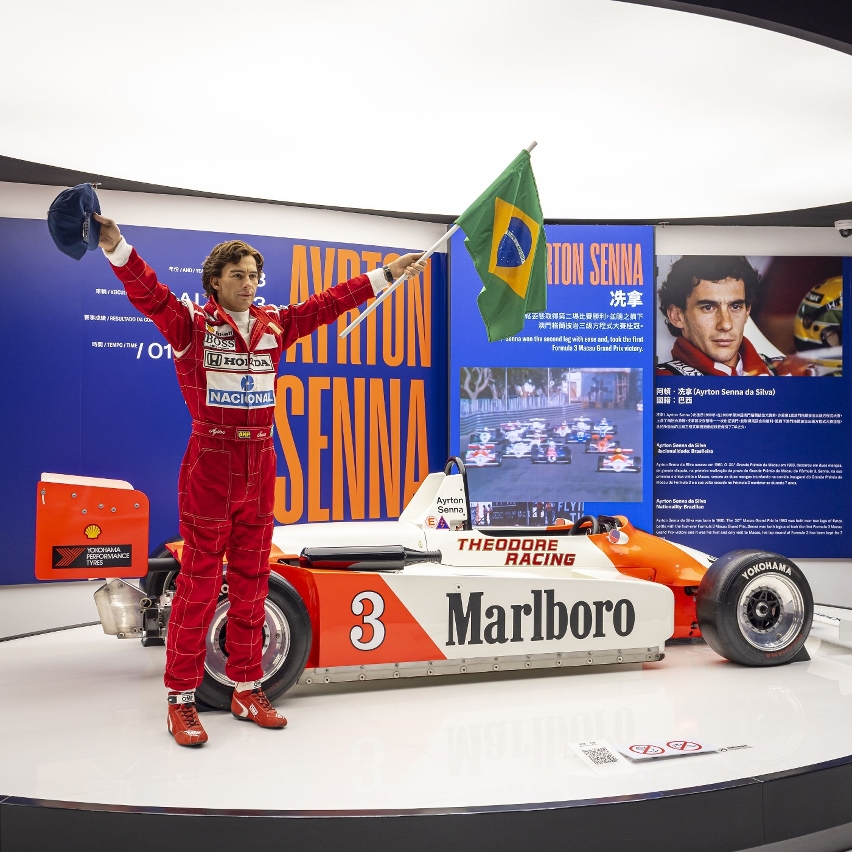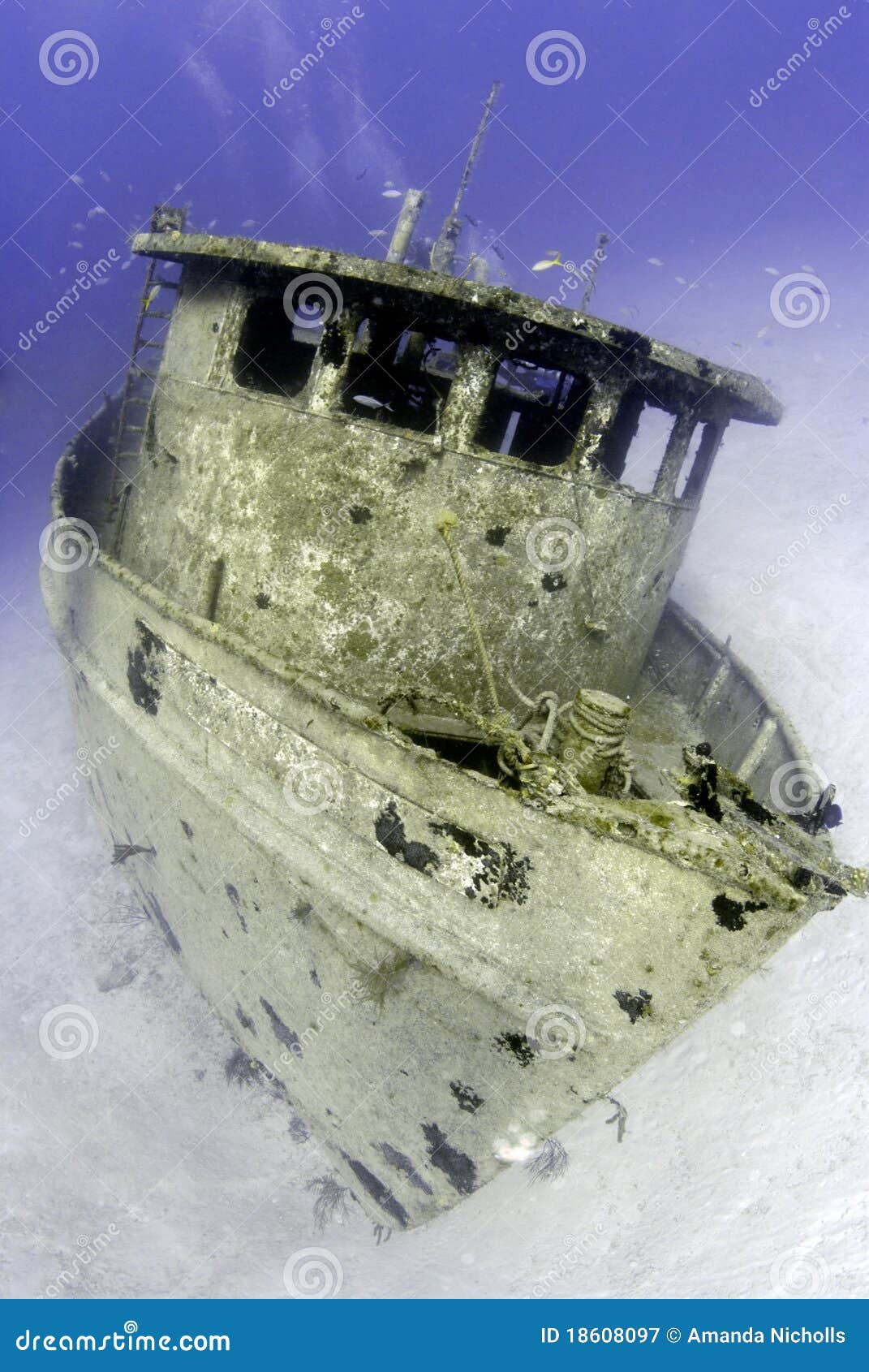Analyzing The Late-Career Performance Of Top Formula 1 Drivers

Table of Contents
Physical and Cognitive Decline in F1 Drivers
The physical and cognitive demands of Formula 1 racing are immense. Sustaining peak performance across a lengthy career requires exceptional dedication and resilience. Let's examine the challenges posed by aging in this demanding environment.
The Physical Demands of F1 Racing
Formula 1 is a brutal sport, placing immense physical strain on drivers. The intense G-forces experienced during cornering, the demanding stamina required for race distances, and the lightning-fast reflexes needed for overtaking all take a toll.
- Increased risk of injury with age: As drivers age, the risk of injury from accidents or the cumulative effects of high-G forces increases. Bones become more brittle, and recovery times lengthen.
- Impact of physical training regimens on performance longevity: Rigorous fitness regimes are crucial for maintaining performance, even in later stages of a career. However, the effectiveness of these programs can diminish with age, requiring more personalized and adaptive training plans.
- Comparison of fitness levels across different age groups in F1: While direct comparisons are difficult due to data privacy, anecdotal evidence suggests that drivers must adapt their training to counteract age-related physical decline, focusing on maintaining strength, flexibility, and cardiovascular health.
Cognitive Skills and Decision-Making
Beyond physical strength, F1 demands exceptional cognitive skills. Split-second decisions, spatial awareness, and strategic thinking are crucial for success. Age-related decline in these areas can significantly impact performance.
- Decline in reaction time and its impact on racing performance: Even a fraction of a second can make a huge difference in overtaking maneuvers or avoiding accidents. Age-related slowing of reaction time can significantly hinder performance.
- The role of experience in compensating for age-related cognitive decline: Experienced drivers can often leverage their vast track knowledge and racing instincts to compensate for a slight decline in raw reaction speed.
- Analysis of decision-making under pressure at different career stages: Studies could compare decision-making processes in high-pressure situations across different career stages to assess how experience interacts with age-related cognitive changes.
The Role of Experience and Adaptability
While physical and cognitive decline are inevitable, experience and adaptability can significantly offset these limitations. Years spent behind the wheel provide invaluable knowledge and skills.
Experience as a Performance Enhancer
Experience in Formula 1 is a double-edged sword. While physical capabilities might decline, experience offers substantial advantages.
- Track knowledge and racecraft honed over years: Knowing every inch of a track, understanding its nuances, and anticipating the behavior of other drivers are invaluable advantages.
- Improved car setup understanding and communication with the team: Veteran drivers possess a deep understanding of car setup and can effectively communicate their needs and feedback to the engineering team.
- Strategic advantages gained through extensive experience: Years of racing provide a wealth of strategic knowledge, allowing drivers to make informed decisions during races and adapt to changing circumstances.
Adapting to Technological Advancements
Formula 1 is constantly evolving, with new car technologies and rule changes introduced regularly. The ability of older drivers to adapt to these advancements is critical.
- Learning curves for new car systems and technologies: Older drivers might face steeper learning curves when adapting to new technologies compared to younger drivers who are more accustomed to rapid technological changes.
- Examples of drivers successfully adapting to new regulations: Alonso's consistent competitiveness across different eras highlights his capacity to adapt.
- Challenges faced by older drivers compared to younger counterparts: The challenge lies in balancing the learning of new systems with the preservation of experience-based skills.
Team Dynamics and Driver Support
The performance of a Formula 1 driver is not solely determined by their individual abilities. Team support plays a crucial role in maximizing performance at any age.
The Impact of Team Support Systems
A strong support system is vital, particularly in the later stages of a driver's career.
- Personalized training programs tailored to individual needs: Teams can implement tailored training plans that address age-related physical limitations and maintain fitness levels.
- Strategic race planning to minimize physical strain: Race strategies can be designed to minimize physical exertion on the driver, optimizing performance over the course of a race.
- Technical support to optimize car setup and performance: Expert engineers can fine-tune the car to compensate for any decline in a driver's reflexes or physical capabilities.
The Influence of Team Chemistry and Driver Relationships
A positive team environment can bolster a driver's performance and morale.
- Positive relationships with engineers and mechanics: Strong working relationships foster trust and effective communication, optimizing car performance.
- Team morale and its impact on overall performance: A supportive and encouraging team environment can greatly impact a driver's confidence and overall performance.
- Examples of successful driver-team partnerships in later career stages: Analyzing successful late-career partnerships can highlight the positive impact of strong team dynamics.
Examples of Late-Career Successes and Failures
Examining specific cases illustrates the diverse outcomes of late-career performance.
Case Studies of Successful Late-Career Drivers
Drivers like Alonso demonstrate that sustained success is possible. Their success can be attributed to a combination of factors, including exceptional fitness, adaptability, and strong team support.
Case Studies of Drivers Experiencing Performance Decline
Conversely, analyzing cases of drivers who experienced significant performance drops can help identify potential contributing factors, such as a lack of adaptation to new technologies or a decline in physical capabilities.
Conclusion: Understanding the Late-Career Performance of Top Formula 1 Drivers
The late-career performance of top Formula 1 drivers is a complex interplay of physical and cognitive factors, experience, adaptability, and team dynamics. While age-related decline is inevitable, the extent of its impact is significantly influenced by these other factors. Predicting late-career success remains challenging, highlighting the dynamic nature of this demanding sport. Continue analyzing the late-career performance of your favorite Formula 1 drivers to further understand the intricacies of this fascinating aspect of motorsport. Delve deeper into the fascinating world of late-career performance in Formula 1 and contribute to the ongoing discussion.

Featured Posts
-
 Nikes Best Running Shoes Of 2025 A Detailed Look
May 26, 2025
Nikes Best Running Shoes Of 2025 A Detailed Look
May 26, 2025 -
 Kembalinya Moto Gp Ke Brasil Sirkuit Ayrton Senna Goiania Menyambut Balapan
May 26, 2025
Kembalinya Moto Gp Ke Brasil Sirkuit Ayrton Senna Goiania Menyambut Balapan
May 26, 2025 -
 Monaco Corruption Scandal Examining The Princes Finances
May 26, 2025
Monaco Corruption Scandal Examining The Princes Finances
May 26, 2025 -
 Shipwreck On Front Lawn Cnn Details The Unexpected Incident
May 26, 2025
Shipwreck On Front Lawn Cnn Details The Unexpected Incident
May 26, 2025 -
 Dr Terrors House Of Horrors Location Tickets And More
May 26, 2025
Dr Terrors House Of Horrors Location Tickets And More
May 26, 2025
Latest Posts
-
 Is Jon Jones Avoiding Tom Aspinall The Diaz Fight Confirmed
May 30, 2025
Is Jon Jones Avoiding Tom Aspinall The Diaz Fight Confirmed
May 30, 2025 -
 Jon Jones Vs Nate Diaz Ufc Legend Sidesteps Aspinall For Diaz Showdown
May 30, 2025
Jon Jones Vs Nate Diaz Ufc Legend Sidesteps Aspinall For Diaz Showdown
May 30, 2025 -
 Jon Jones Vs Nate Diaz Confirmed Fight Sparks Aspinall Debate
May 30, 2025
Jon Jones Vs Nate Diaz Confirmed Fight Sparks Aspinall Debate
May 30, 2025 -
 Paddy Pimbletts Bold Prediction The Outcome Of Jones Vs Aspinall
May 30, 2025
Paddy Pimbletts Bold Prediction The Outcome Of Jones Vs Aspinall
May 30, 2025 -
 Pimbletts Unexpected Prediction For Jones Aspinall Ufc Heavyweight Clash
May 30, 2025
Pimbletts Unexpected Prediction For Jones Aspinall Ufc Heavyweight Clash
May 30, 2025
